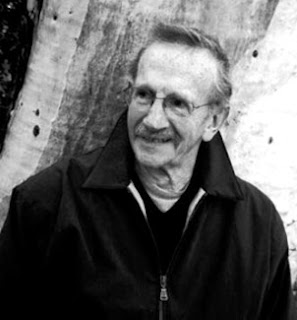The
online school of Boston’s Berklee College of Music, is debuting the new online course, Creative Writing: Poetry, for their upcoming fall term, beginning September 26th, 2011.
The 12-week course focuses on writing better lyrics through the study of poetry.
“If you want to gain control over your writing, find out what makes poetry work, and what your compositional options are, then this is the course for you,” said Pat Pattison, course author and Professor of Lyric Writing and Poetry at Berklee. “By the time you finish this course, your eyes are going to be completely open to the possibilities of language. This course will make your writing better, and if you do music, it will make your music better.”
 |
| Bob Dylan's handwritten lyrics to Just Like a Woman |
Are any of you poets reading this also musicians? Do you write poetry when you sit down to write lyrics? Those questions take me back to the late 1960s when students were arguing that their favorite musicians were writing poetry, and some teachers were beginning to use the lyrics of Bob Dylan, Paul Simon, The Beatles and others as a way to teach poetry.
The course says that you will learn "how to enhance your ideas through arranging lines into odd or even numbered line groups and creating either a feeling of tension or resolution with the composition itself, independent of the poem's meaning. You'll learn placement, timing, focus, and especially how to use rhythm in language expressively. By the end of the course you’ll be able to construct various chord types used in pop/rock and other styles, and have the improvisational (soloing) vocabulary used in pop/rock styles at your fingertips."
The course readings listed aren't from the world of music but from the very traditional class anthology with Shakespeare, Shelley, Keats, Emerson, Browning, Wadsworth, Longfellow, Tennyson, Yeats, Frost, Cummings, Allen Ginsberg.


